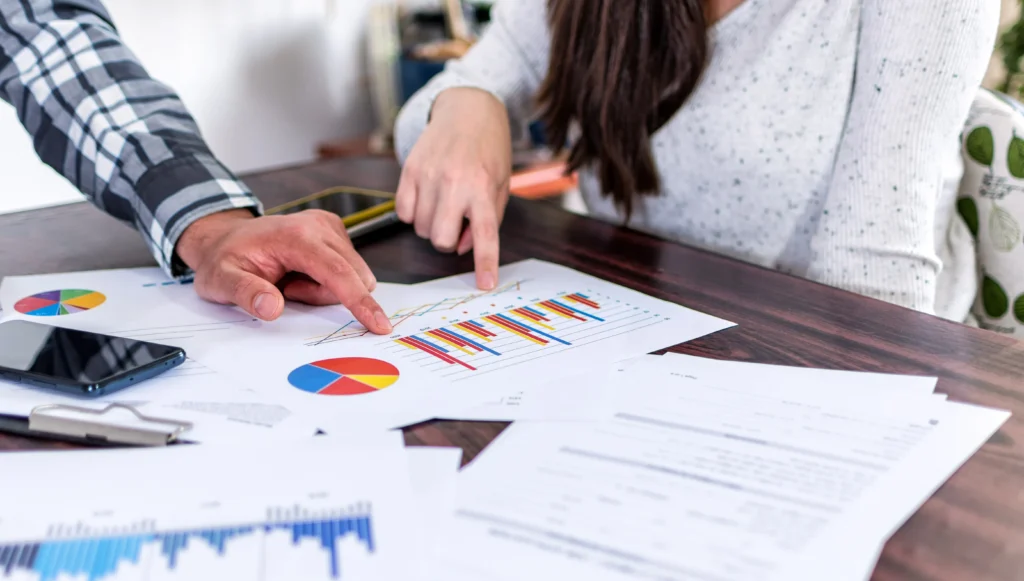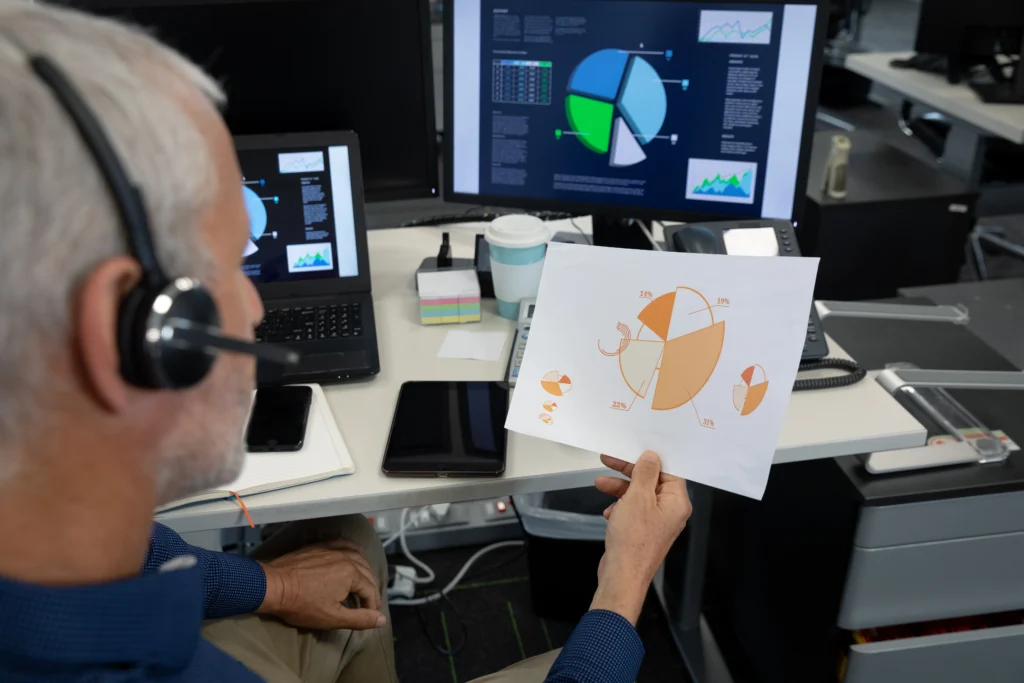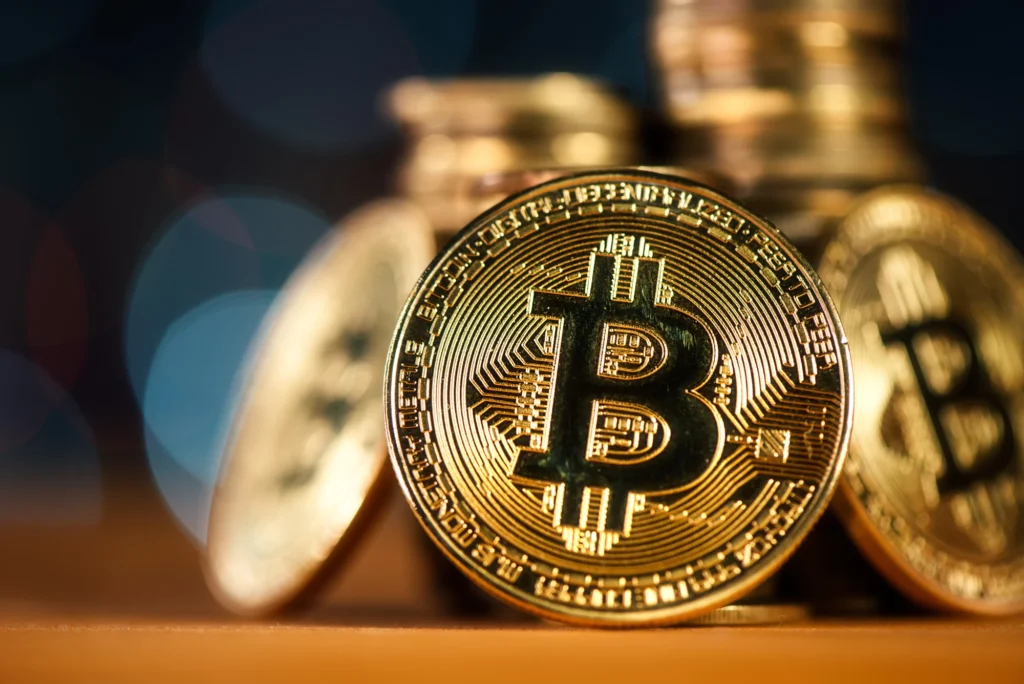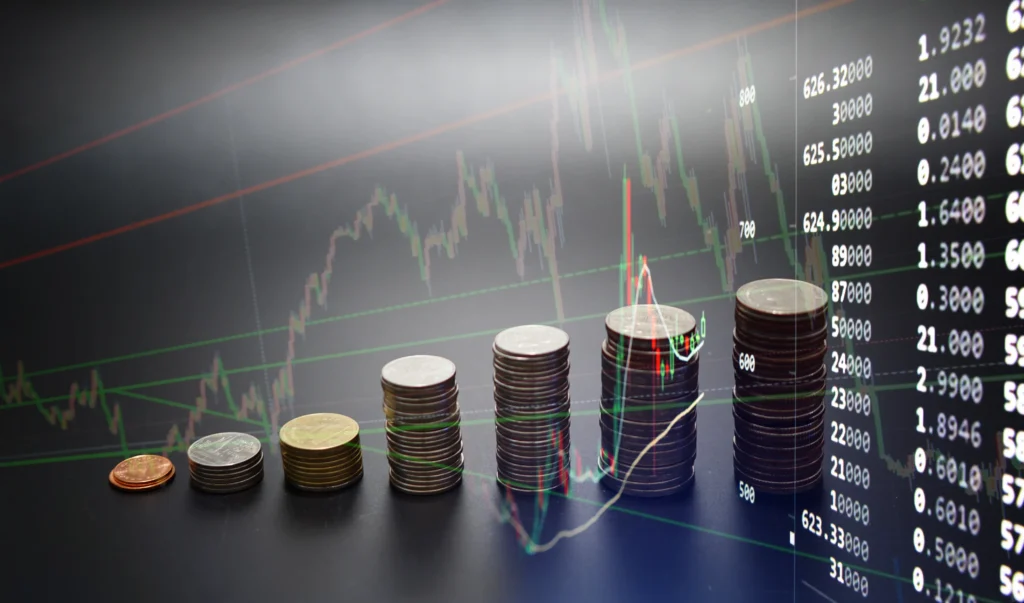Is a Decentralized Forex Market Possible? How Free Forex Signals and Blockchain Could Reshape FX Trading
The foreign exchange (forex) market is the largest financial market in the world, with a daily trading volume exceeding $7.5 trillion. Despite its size and accessibility, forex trading is still largely controlled by centralized financial institutions, including banks, brokers, and regulatory bodies. However, with the rise of blockchain technology, decentralized finance (DeFi), and smart contracts, many traders and analysts are questioning whether a decentralized forex market could become a reality and how it could impact free forex signals.
Could a truly decentralized forex market exist, free from the control of banks and brokers? Would traders be able to execute forex transactions on peer-to-peer networks without relying on intermediaries? More importantly, how would a decentralized forex market impact liquidity, price stability, and the availability of free forex signals for traders?
In this article, we will explore the structure of the current forex market, the feasibility of decentralization, the role of blockchain and smart contracts, and the challenges that need to be overcome for a decentralized forex ecosystem to emerge.
How the Traditional Forex Market Works
The forex market is unique in that it does not operate through a centralized exchange like the stock market. Instead, it is structured as an over-the-counter (OTC) market, where currency trades occur between banks, financial institutions, hedge funds, corporations, and retail traders.
Key Participants in the Centralized Forex Market:
- Banks and Financial Institutions – Large banks, such as JPMorgan Chase and Citibank, dominate forex trading by acting as liquidity providers.
- Central Banks – Institutions like the US Federal Reserve (FED) and the European Central Bank (ECB) influence forex rates through monetary policies and interventions.
- Brokers and Trading Platforms – Retail traders rely on brokers (e.g., MetaTrader, TradingView) to access the market.
- Regulatory Authorities – Agencies like the Commodity Futures Trading Commission (CFTC) regulate forex trading to prevent fraud and market manipulation.
Despite being decentralized in terms of geographical operations, the forex market remains highly centralized in terms of execution, pricing, and control by financial institutions.
At FXTradeSignal.com, we provide free forex signals to help traders navigate the existing forex market, but could a fully decentralized forex ecosystem change how trading is conducted?
Can Forex Become a Truly Decentralized Market?
A decentralized forex market would operate on a blockchain-based network, allowing traders to exchange currencies directly with one another without the need for banks, brokers, or third parties. This could be achieved using:
- Decentralized liquidity pools
- Smart contracts for trade execution
- Stablecoins and tokenized assets
- Peer-to-peer (P2P) trading protocols
While this vision aligns with the principles of Decentralized Finance (DeFi), several challenges must be addressed before it can become a reality.
1. Liquidity Concerns: Can Decentralized Forex Match the Volume of Traditional Forex?
The biggest challenge for a decentralized forex market is liquidity. The traditional forex market operates efficiently because large banks provide deep liquidity, ensuring that traders can execute transactions quickly at competitive prices.
In a decentralized system, liquidity would need to come from decentralized liquidity pools—similar to how decentralized exchanges (DEXs) function in the crypto space. However, achieving the same level of liquidity as major banks and forex brokers would require massive adoption and trust from institutional investors.
2. Decentralized Price Discovery: How Would Exchange Rates Be Determined?
In the traditional forex market, exchange rates are determined by global supply and demand, central bank policies, and macroeconomic factors. Decentralized forex would need a new mechanism for price discovery, possibly relying on oracles, blockchain-based market makers, or AI-driven pricing models.
One possible approach is real-time price feeds from multiple global sources, ensuring that decentralized forex prices align with the traditional market.
3. The Role of Stablecoins and Tokenized Currencies in Forex
For a decentralized forex market to function effectively, traders would need to trade directly in tokenized fiat currencies or stablecoins. This could involve:
- USDC, USDT, or algorithmic stablecoins as a base currency
- Tokenized versions of major fiat currencies (e.g., EUR, JPY, GBP) for direct P2P trading
- Cross-chain trading solutions that enable fast and cheap forex transactions
At FXTradeSignal.com, we monitor the role of stablecoins in forex trading and how they could shape the future of decentralized forex exchanges.
The Role of Blockchain, Smart Contracts, and Decentralized Protocols
A fully decentralized forex market would require:
1. Smart Contracts for Automated Trade Execution
Smart contracts can replace traditional brokers and market makers, automatically executing trades when pre-defined conditions are met. This removes counterparty risk and ensures secure transactions.
2. Decentralized Liquidity Pools
Traders could contribute funds to decentralized forex liquidity pools, similar to Uniswap or Curve in the crypto market. These pools would allow users to:
- Earn fees by providing liquidity
- Trade directly without centralized brokers
3. Non-Custodial Trading and Wallet-Based Forex Transactions
In a decentralized forex ecosystem, traders would not need to deposit funds into centralized accounts. Instead, trading would occur directly from non-custodial wallets, improving security and privacy.
Challenges and Barriers to a Decentralized Forex Market
While decentralization offers many advantages, several challenges need to be addressed before a fully decentralized forex market becomes mainstream.
1. Regulatory Issues and Government Opposition
Governments and central banks rely on monetary policies to control currency value and inflation. A decentralized forex system could challenge this control, leading to strict regulations or outright bans.
2. Security Risks and Smart Contract Vulnerabilities
Decentralized protocols are vulnerable to hacks, smart contract bugs, and oracle manipulation, which could lead to:
- Loss of funds in liquidity pools
- Market manipulation by large players
3. Adoption and Market Trust
Decentralized forex would need mass adoption from institutional traders, hedge funds, and retail traders to become viable. Without trust, liquidity, and regulatory clarity, the market may struggle to attract users.
At FXTradeSignal.com, we track the evolution of decentralized trading platforms and how they could impact forex trading and free forex signals in the future.
Conclusion: Will a Decentralized Forex Market Become Reality?
While the concept of a decentralized forex market is promising, many obstacles must be overcome before it can replace or compete with the traditional forex system.
However, as blockchain technology advances and decentralized trading platforms improve, we could see hybrid models emerge—where forex trading is partially decentralized, reducing reliance on banks and brokers while maintaining liquidity from traditional markets.
For now, traders can continue using free forex signals and US stocks signals to navigate the existing market while keeping an eye on the future of decentralized forex trading.
Explore Our Pricing Plans
Learn More About Blockchain in Forex Trading


























